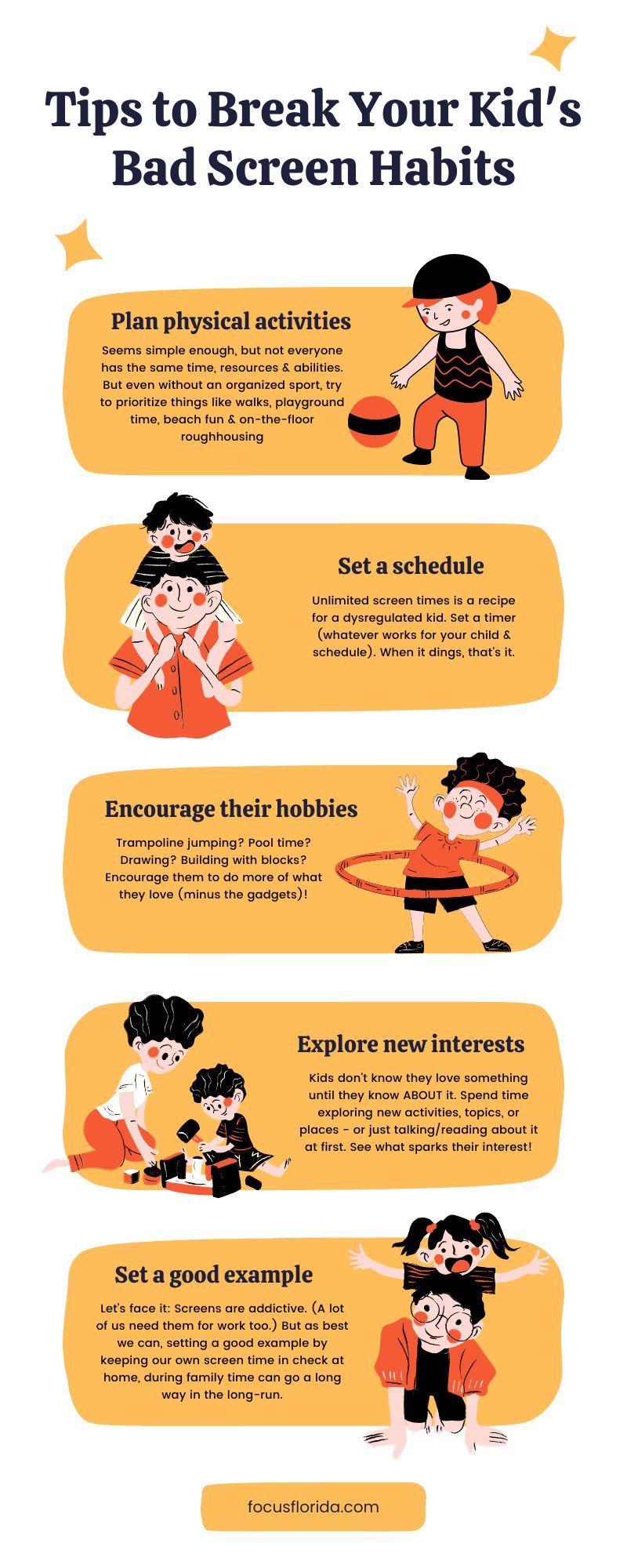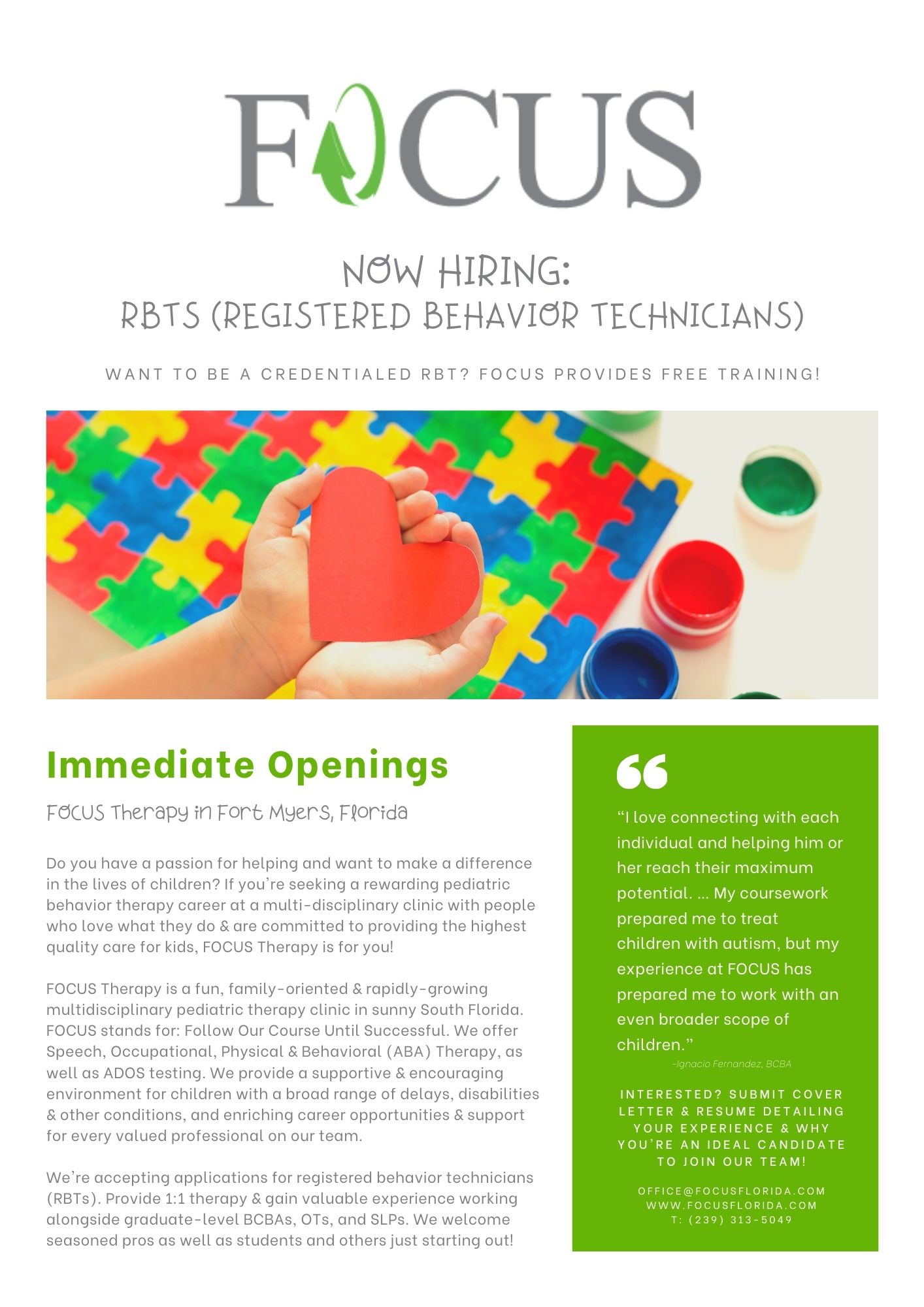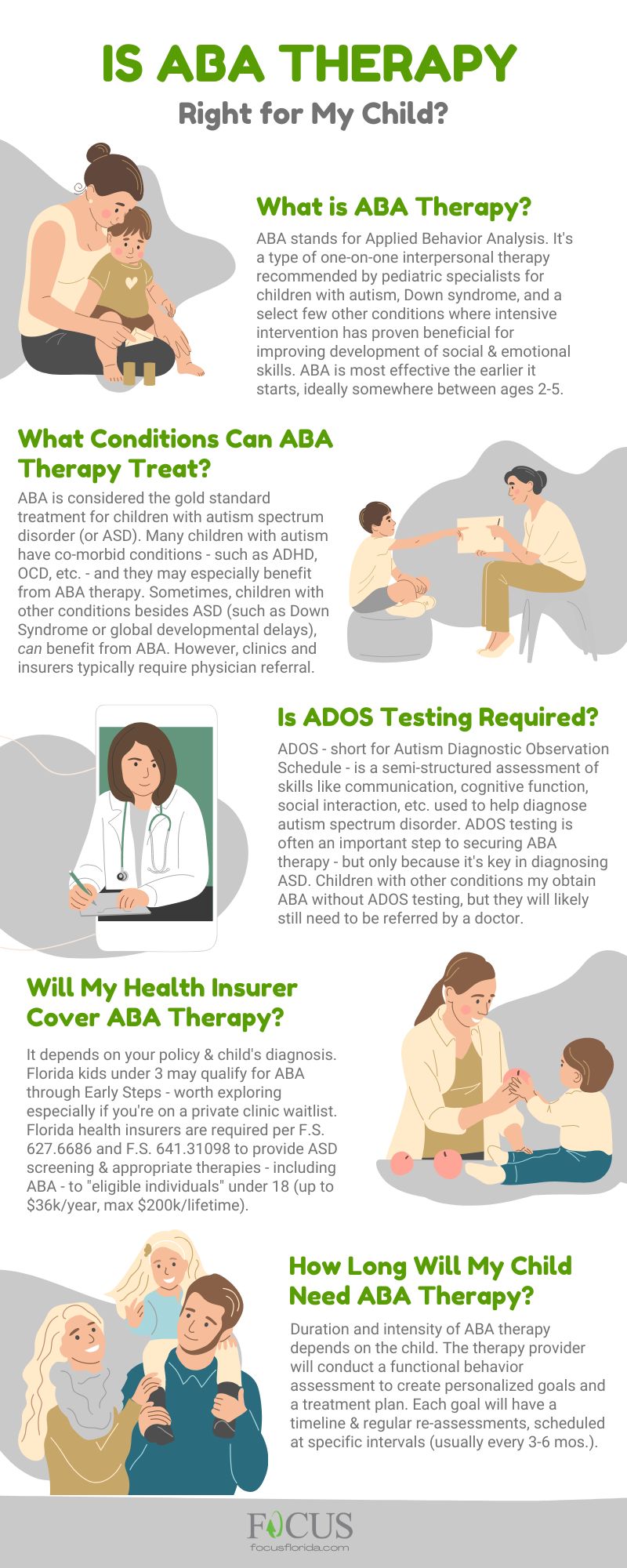Blog
Risk Factors for Child Speech Delays – Fort Myers Speech Therapist Insight
Child speech delays are very common. According to the American Academy of Family Physicians, an estimated 1 in 10 children has delayed speech or language development. As any Fort Myers speech therapist will tell you, the earlier such delays are diagnosed, the faster they can be treated – and the better the long-term prognosis. This is why increasingly, practitioners do NOT recommend a “wait-and-see” approach if a child speech delay is suspected.
Beyond that, research shows that certain children may be at higher risk than others.
One recently-published, peer-reviewed cross-sectional study on child speech delay risk factors, researchers identified the following markers:
- Males
- Long-term sucking habits
- Pre-term birth
- Low birth weight
- Problems during pregnancy or complications during birth (including hypertension, preeclampsia, etc.)
- Hearing problems
- Frequent middle ear infections
- Oropharyngeal deformity (occurring in the middle of the throat)
- Family history of speech and language delay (65 percent of those in the study had a first-degree relative with a similar condition)
- Being first-born
- Earlier introduction to screen time
- Maternal illiteracy
Fort Myers Speech Therapist Can Treat Speech Delays Regardless of Cause
Of course, there’s no single risk factor that guarantees a child will have speech delays. Obviously, not all first-born children are going to be late in talking. But these findings do underscore something any Fort Myers speech therapist is likely to tell you as well: There’s an element of both nature and nurture at play. Some of it involves genetics, but the risk can be further elevated by environmental factors (like earlier screen time, less face-to-face interactions, less time spent reading to a child, etc.).
Of course, this is just one study, and it’s limited by the fact that the pool of those studied are only those who received care at a single hospital over a period of time. But there is a great deal of additional research that backs these findings – and identifies other risk factors as well.
Child speech delays can have MANY underlying causes, often overlapping. Some of these include:
- Cognitive disabilities
- Autism
- Receptive aphasia
- Psychosocial deprivation
- Expressive language disorder
- Premature birth
- Cerebral Palsy
- Down Syndrome
Sometimes, there’s no obvious cause – and that’s Ok! A Fort Myers speech therapist can treat the symptoms and focus on helping the child catch up to where they need to be for their developmental age – regardless of whether we ever zero in on the “why.”
Although it’s true that children develop at varying rates and a singular red flag isn’t cause for alarm, missed milestones shouldn’t be ignored. A physician’s referral is typically required for a child to undergo a speech-language evaluation by a Fort Myers speech therapist. If you aren’t sure whether to raise your concerns to your child’s pediatrician, FOCUS offers free initial screenings. This will provide you with something beyond your own concern to bring to the doctor when requesting a more in-depth assessment.
FOCUS offers pediatric speech therapy in Fort Myers and throughout Southwest Florida. Call (239) 313.5049 or Contact Us online.
Additional Resources:
Speech and language delay in children: Prevalence and risk factors, May 2019, Journal of Family Medicine and Primary Care
More Blog Entries:
Break Those Bad Screen Time Habits With These Tips From FOCUS Therapy, March 17, 2023, Fort Myers Speech Therapist Blog
- Categorized: Speech Therapy
- Tagged: Fort Myers speech therapist, Fort Myers speech therapy, speech therapists, speech therapy
Break Those Bad Screen Time Habits With These Tips From FOCUS Therapy
- Categorized: Articles, FOCUS News
- Tagged: behavior therapy, Focus Therapy, Fort Myers ABA Therapy, Fort Myers occupational therapy, Fort Myers speech therapy, screen time
FOCUS Phone & Internet Down
Our main clinic internet & phones are down at the moment. We apologize for the inconvenience, we’re working to resolve the issue as expeditiously as possible.
- Categorized: FOCUS News
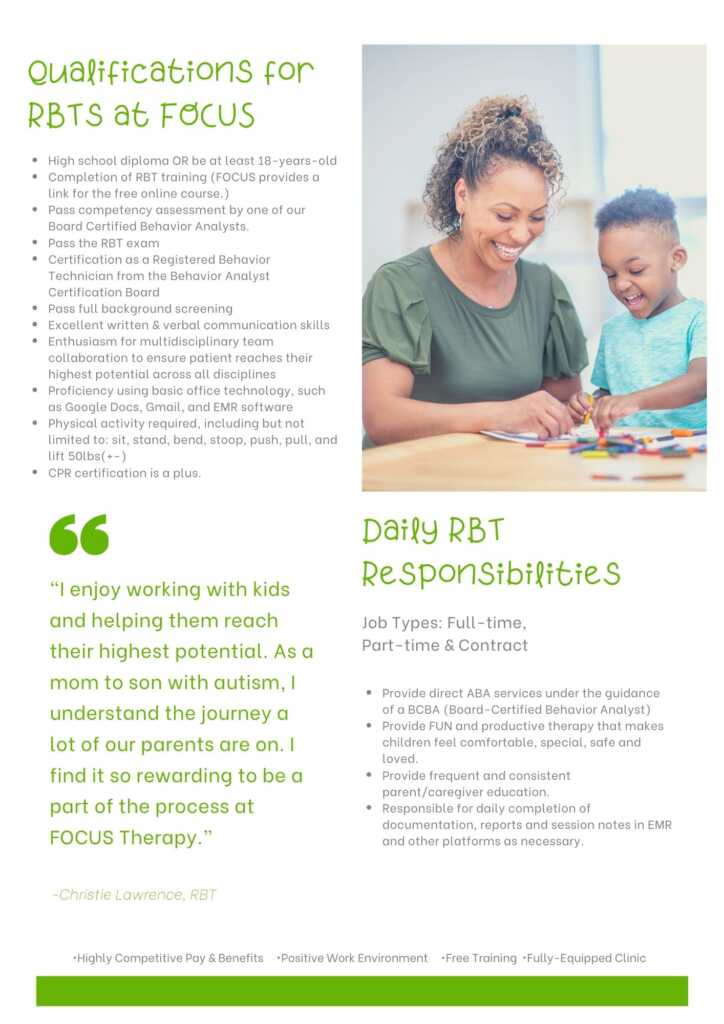
- Categorized: ABA Therapy, Behavior Therapy
- Tagged: behavior therapy, Fort Myers ABA Therapy
How Meds & Pediatric Therapies Together Can Help Kids With Attention/Behavior Issues Reach Maximum Potential
As experienced providers of pediatric therapies in Southwest Florida (specifically, speech therapy, occupational therapy, ABA therapy, and physical therapy), our team at FOCUS Therapy in Fort Myers is sometimes asked whether kids receiving these services might still benefit from medication – or whether kids on medication truly need pediatric therapies.
Short answer? It depends.
Every child, every condition is different. The primary voice of authority, of course, is your child’s pediatrician and specialists. But don’t discount input from the pediatric therapists who are providing intervention services to your child.
As experienced practitioners who each work with dozens of kids daily: We generally do not recommend medication as the first treatment option for a lot of children diagnosed with conditions like speech-language delay, developmental disabilities, certain neurological/neurodevelopmental conditions, and behavioral health issues. BUT – sometimes, for certain kids – pediatric therapies in combination with medications can do wonders in helping the child reach their maximum potential.
We encourage parents to keep an open mind, ask questions, and maintain an ongoing dialogue with their kids’ doctors and pediatric therapists.

What Type of Medications Are We Talking?
Obviously, if a child has a health condition like epilepsy or congenital heart disease or diabetes – the medications they take are typically far less of a controversy/up for debate.
What we’re mainly referring to here are medications prescribed for conditions related to lack of attention/focus/behavioral regulation. These include prescriptions like Adderall, Dexadrine, Focalin, Ritalin, etc. It might also include antipsychotic medications recommended for behavioral issues, such as Risperdal.
There isn’t a black-and-white answer that’s going to work for every child, every condition, or every age. The reality is choosing the right treatment for your child can be complicated. We fully understand that. Parents of kids with co-morbidities (Autism Spectrum Disorder, Attention-Deficit/Hyperactivity Disorder [ADHD/ADD], Down Syndrome, intellectual disabilities, etc.) – they often have to make tough choices about the best combination of care needed to help their kids thrive.
Where to Start: Therapy vs. Medication
Jennifer Voltz-Ronco, MS/CCC-SLP and FOCUS Therapy Owner & Founder, has nearly two decades of experience in pediatrics. She’s also a parent and has herself been diagnosed with ADD (for which she receives medication). She generally advises parents to start with the least invasive treatment, and then go from there.
“Medicine generally isn’t what I would consider the first ‘go-to’ for small kids,” Voltz-Ronco says. “When it comes to young bodies and developing minds, It’s best to begin with therapy because not only is it often extremely effective, it’s usually the least invasive. So my recommendation is: Let’s start there. Let’s see how much progress is possible before we move on to the next level – if needed.”
Providers of pediatric therapies will be carefully watching every child’s progress at each phase. They’re going to be closely observing the mental/physical/behavioral/emotional barriers to progress. Parents are going to get daily reports on the successes – and ongoing challenges – to goals for communication, socialization, independent function, academics, etc. If they notice an issue: You’re going to know about it.
Some key phrases Voltz-Ronco says to watch for from your child’s pediatric therapists, teachers, and caregivers:
- Lack of focus
- Significantly decreased attention
- Constant distraction by others
- Routine distraction by sounds, items, etc.
“You start hearing phrases like this, then it’s time to have a discussion with your child’s physician,” she said.
“In general, I would avoid going full-tilt with medications before kindergarten. You want to give their brain a chance to develop for a few years before diving in. See how formal education plays a role. Maybe the child just needs more movement in the day? Maybe they just need differently-structured instruction? Maybe we can successfully adjust the way they’re taught, rather than demanding they conform to every element of a ‘typical’ classroom.
“But, if you’ve tried all these alternatives and the child STILL struggles with attention issues (with or without hyperactivity), then maybe you start to discuss medication.”
Tips for Parents Considering Medication
Medication isn’t a one-and-done solution, either. There are likely to be adjustments in doses, alternatives, etc.
Some general thoughts for parents:
- Keep an open mind. Be willing to consider new information from experienced professionals.
- Ask lots of questions. If something doesn’t make sense to you or you have concerns: Ask. Speak up. Be an advocate for your child. Trust the experience of your child’s doctor/psychiatrists – but don’t ever allow someone to make you feel like your confusion is invalid or your concerns are unworthy of addressing.
- Keep your child’s pediatric therapists in the loop. We want to help. We’re not “pro-medication” or “anti-medication.” We’re Pro-YOUR CHILD. Our speech, occupational, ABA, and physical therapists at FOCUS – along with your child’s doctors, teachers, caregivers, etc. – we’re on the same team. We also trust that YOU know your child best. We’re here to support you. If you aren’t ready to start your child on medication: We have your back, and will provide additional supports as needed. If it’s something you’re considering, we’ll offer our honest, frank insight and support.
If you have questions, we’re happy to offer our insight.
FOCUS offers pediatric speech, occupational, physical, and ABA therapy in Fort Myers and throughout Southwest Florida. Call (239) 313.5049 or Contact Us online.
Additional Resources:
Children and the Use of Complementary Health Approaches, National Center for Complementary and Integrative Health
More Blog Entries:
ABA Therapy: Is It Right for Your Child? Jan. 11, 2022, Fort Myers Pediatric Therapy Blog
- Categorized: Articles
How ABA Therapy Can Help Kids
If you have more questions about how our Fort Myers ABA therapy team can help your child, contact us!
FOCUS Therapy offers ABA therapy and ADOS testing to children in Lee County, Florida.
Call (239) 313.5049 or Contact Us online.
- Categorized: ABA Therapy, ADOS Testing
SWFL Speech Therapy Treatment for Kids With Childhood Apraxia of Speech
When it comes to treatment for childhood apraxia of speech, our Fort Myers speech therapists employ treatments that are both evidence-based but also fun and tailored to the individual child.
Apraxia of speech is a relatively uncommon speech disorder, but one our dedicated SWFL speech therapy team is especially qualified to treat, having extensive experience in helping kids with this condition successfully master key skills.

What is Childhood Apraxia of Speech
Not all kids with this condition are going to have the same signs and symptoms include:
- Won’t say the same words the exact same way each time.
- Stresses the incorrect word in a sentence or syllable in a word.
- Changes or distorts certain sounds.
- Speaks shorter words with greater clarity than longer words.
Kids with apraxia of speech might also have a tough time with fine motor skills, reading, writing, and spelling.
Treatment Methods for Childhood Apraxia of Speech
There are several speech therapy treatment methods used to treat apraxia of speech in children.
Among the treatment methods recommended by the American Speech-Language Hearing Association (ASHA) for childhood apraxia of speech:
- Articulation Therapy: This therapy focuses on teaching the child to produce speech sounds correctly by breaking down speech sounds into smaller units and practicing them individually. The therapist will also work on improving the child’s ability to coordinate movements for speech.
- Sensory-Motor Approach: This approach uses sensory-motor techniques to help the child develop the oral-motor skills needed for speech. The therapist may use activities such as blowing bubbles, blowing pinwheels, or playing with play-doh to help the child improve their oral-motor skills.
- Prosody Therapy: This therapy focuses on improving the rhythm and melody of speech, which is particularly important for children with apraxia of speech. The therapist will help the child develop a natural-sounding speech pattern by working on stress and intonation patterns.
- Cueing and Assistance Techniques: This approach involves using cues, such as gesturing or pointing, to help the child initiate speech. The therapist may also use physical assistance, such as holding the child’s jaw or lips, to help the child produce speech sounds correctly.
It’s important to note that each child with apraxia of speech is unique. Every treatment plan will be tailored to their specific needs. Treatment for apraxia of speech may take several months or even years, and progress can be slow. That said, with consistent and dedicated therapy, children with apraxia of speech can make significant improvements in their speech.
In conclusion, apraxia of speech is a complex disorder that requires a multi-faceted approach to treatment. Articulation therapy, sensory-motor approach, prosody therapy, cueing and assistance techniques, and speech-language pathology treatment are all effective methods for treating apraxia of speech in children.
Working with a dedicated SWFL speech therapy team is essential to ensure a child with this condition receives the best possible treatment and support. With consistent and dedicated therapy, children with apraxia of speech can make significant improvements in their speech, which will help them to communicate effectively and be more confident in their daily lives.
FOCUS offers pediatric speech therapy in Fort Myers and throughout Southwest Florida. Call (239) 313.5049 or Contact Us online.
Additional Resources:
Why Act Early if You’re Concerned about Development? U.S. Centers for Disease Control and Prevention
More Blog Entries:
The Best Age for Fort Myers Speech Therapy? Mind the Milestones., Nov. 3, 2022, Fort Myers Speech Therapy Blog
- Categorized: Articles
ABA Therapy: Is It Right for Your Child?
ABA therapy is a relatively new area of practice, but it’s widely recognized by pediatric specialists as a highly effective form of early intervention for children on the autism spectrum.
ABA – short for applied behavior analysis – is a type of one-on-one behavior therapy that’s based on learning theories. It helps boost a child’s independence and overall quality of life – short-term and long-term – by providing evidence-based guidance and support for the development of social and emotional skills. Unexpected or dangerous behaviors are reduced, while helpful/expected behaviors are positively reinforced.
Experts have concluded the earlier it starts, the more effective it is. Ideally, kids will begin ABA somewhere between ages 2 and 5, though it’s not unheard of for a child to start younger or a bit older.
While many children may struggle with “behavior issues,” ABA therapy is uniquely reserved for children with specific diagnoses for which this intensive, interpersonal therapy has proven beneficial. It’s considered the “gold standard” for autism treatment, but can also be great for helping children with conditions like Down syndrome or global developmental delay.
Insurance companies in Florida are required by law to cover medically necessary therapies – including ABA therapy – for children with autism, Down Syndrome, and other “eligible” conditions, though the exact diagnostic codes that would qualify a child aren’t expressly defined in the statute. What we can say is that kids who do not have a diagnosis of autism, Down syndrome, or developmental delay will have a tougher time securing insurance coverage.
We know this can be a bit confusing for families. At FOCUS, we’re committed to providing the best answers and insight we can, and to helping parents navigate this process.
FOCUS Therapy offers ABA therapy and ADOS testing to children in Lee County, Florida. Call (239) 313.5049 or Contact Us online.
- Categorized: ABA Therapy
7 Super Awesome Benefits of In-Clinic ABA Therapy for Kids in Southwest Florida
Many ABA therapy providers in Southwest Florida share similar approaches and philosophies with respect to evidence-based methodologies and evaluation standards. That said, there are different schools of thought when it comes to the optimal treatment setting – whether that’s in-clinic, at school, at home, or some hybrid combination. At FOCUS Therapy in Fort Myers, we prefer in-clinic ABA therapy for our patients – and there are tons of good reasons why.
ABA stands for Applied Behavior Analysis. It’s widely recognized as one of the most highly-effective, child-oriented, results-driven therapy for kids diagnosed with autism spectrum disorder. It’s also proven very helpful for kids with traumatic brain injuries, oppositional defiant disorder, obsessive compulsive disorder, attention deficit/hyperactivity disorder, and Down syndrome. These conditions don’t have a “cure,” per se. What ABA therapy does is teach appropriate/safe/expected behaviors while minimizing and extinguishing inappropriate/unsafe/unexpected behaviors. Individual target goals may differ, but most long-term goals involve improving kids’ independence, safety, social skills, academic participation, and community engagement.
Although the skill of the therapist is certainly important, so too is the setting where therapy is provided.
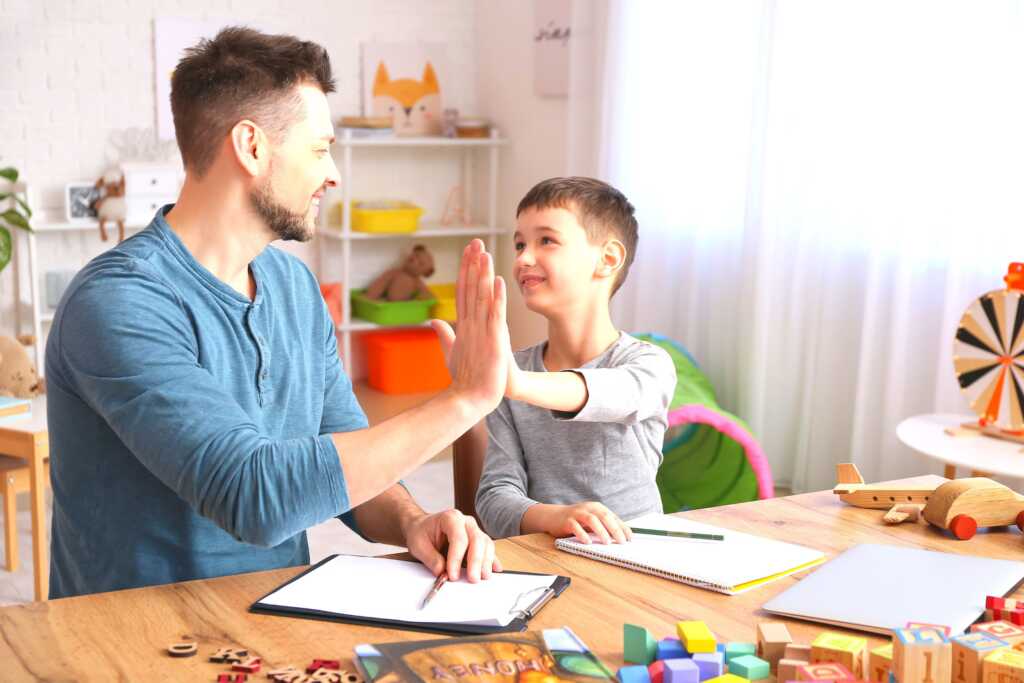
Among the many upsides to Southwest Florida in-clinic ABA therapy:
- Easier transitions to (pre)school. For most families, the goal is for their child to ultimately transition to a mainstream learning environment. In-clinic ABA therapy can better prepare kids for that transition, structuring environments that more closely mirror their experience in school so that their skills are more easily generalized.
- More opportunities to teach and learn social skills. When our registered behavior technicians (RBTs) and board-certified behavior analysts (BCBAs) are working with children in the clinic, there are going to be inherently more opportunities for social interactions – both with peers and adults. We can practice key skills like turn-taking, recognizing social cues, and self-regulation/coping skills.
- Better quality of care and supervision. This is not to say at-home ABA therapy providers don’t provide adequate care. But when we have multiple RBTs, BCBAs, speech therapists, occupational therapists, physical therapists, and support staff on-site, there are simply more eyes, ears, and hands if challenges arise. Plus, it gives supervisors the opportunity to regularly observe, make recommendations, and ensure treatment is on-track. They can see what’s happening in real time (rather than relying on RBT notes after the fact) and are able to make immediate modifications as necessary.
- Multi-disciplinary setting. Lots of the kids we treat at FOCUS require numerous therapy interventions. If your child needs ABA therapy, speech therapy, occupational therapy, and/or physical therapy, you can get all of that in one location. But parent convenience is just part of this benefit. When you have highly-skilled pediatric therapists in a broad range of disciplines all working in close proximity to each other, it creates opportunities to learn from each other. A speech therapist might notice an issue in passing that an RBT wouldn’t have immediately identified – and offer possible solutions. Those kinds of interactions and collaborations happen all the time – and we encourage them because kids get optimal benefits when we approach treatment from the “whole child” perspective.
- Tons of positive reinforcers. Every parent can recall at least one time their child was super into something – and then just suddenly decided they were ALL SET with it. Like, all they want to eat every single morning is a strawberry Pop-Tart, so you eventually go all-in and buy the Costco size – only for them to decide two packages in, they never want to see another strawberry Pop-Tart for as long as they live. Reinforcers in ABA therapy can be like that too. These are the unique-to-each-child incentives used to encourage interactions and activities that allow us to target behavior goals. But what a child was willing to work for one day might no longer interest them the next. With in-clinic ABA, the therapist has immediate access to TONS of alternative reinforcers – games, puzzles, books, sensory gym, etc. We can quickly find the “next best thing” and go from there.
- Easier transitions when there are staff changes. As much as we love and value our amazing ABA therapists, they don’t always stay forever. For these kids, transitioning from one therapist to another can be a major challenge. But when kids receive behavior therapy in a clinic setting, there’s a good chance that their new therapist is a friendly face they’ve already seen and directly interacted with.
- In-clinic ABA therapy works. Like, really well. While there’s no one-size-fits-all approach that works for every kid in every therapy, it’s been our experience that in-clinic ABA provides the most “bang for your buck” in terms of results – and a conclusion solidly backed by research. Just one example: A National Institute of Health study analyzed the effectiveness of at-home ABA therapy vs. in-clinic ABA therapy. They controlled for variations in individual child skill sets by treating the same group of kids in both settings at different times, and then tracking their progress during each. Kids treated in-clinic mastered 100 percent more skills-per-hour compared to those treated in their homes.
With in-clinic ABA therapy at FOCUS, we’re able to provide the best quality therapy in a setting that is welcoming and fun as well as structured and safe. If you have questions about our therapy services or Fort Myers ADOS testing, reach out!
FOCUS offers ABA therapy and ADOS testing to children in Lee County, Florida. Call (239) 313.5049 or Contact Us online.
Additional Resources:
What Is Applied Behavior Analysis? June 23, 2021, Medically Reviewed by Jabeen Begum, WebMD
More Blog Entries:
Top 4 Benefits of In-Clinic ABA Therapy, April 2, 2022, Fort Myers ABA Therapy Blog


